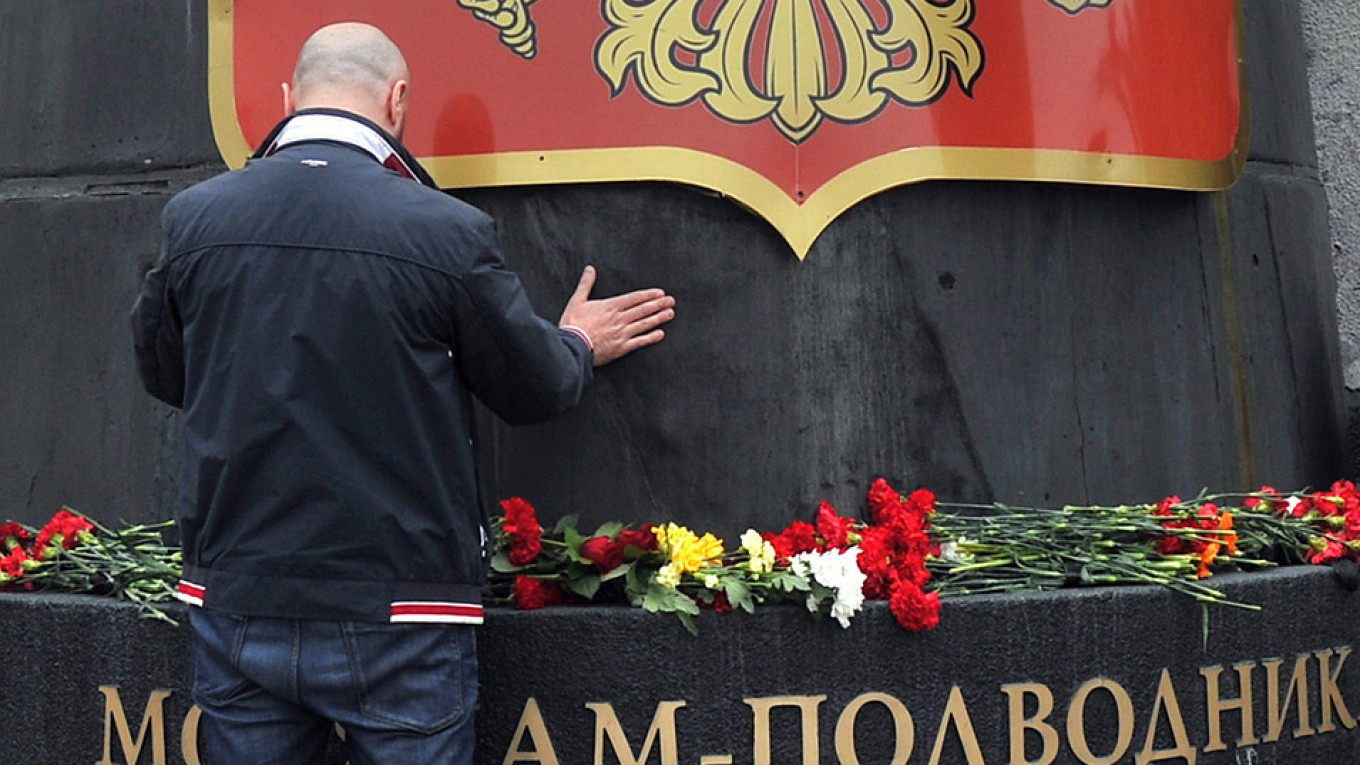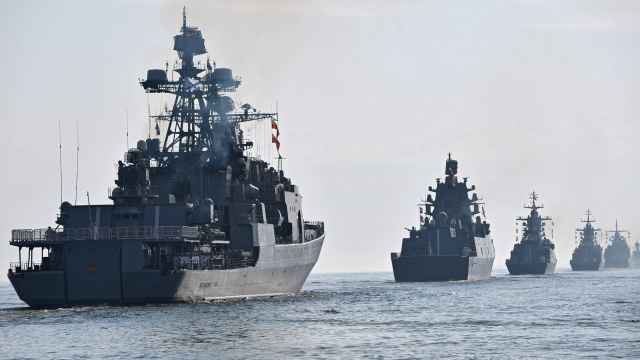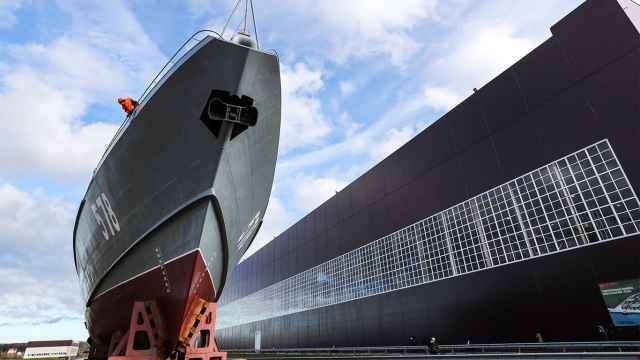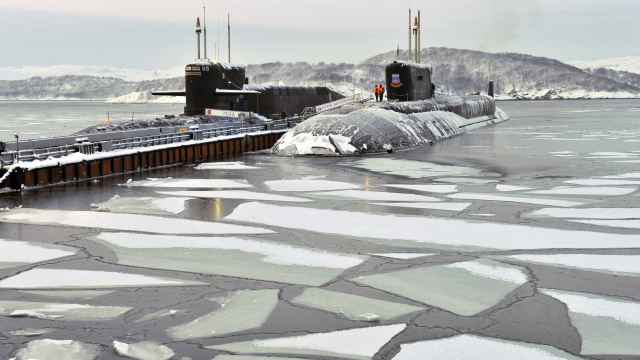Russian President Vladimir Putin disclosed on Thursday for the first time that a secret military submarine hit by a fatal fire three days ago was nuclear-powered, prompting Russia's defense minister to assure him its reactor had been safely contained.
Russian officials have faced accusations of trying to cover up the full details of the accident that killed 14 sailors as they were carrying out what the defense ministry called a survey of the sea floor near the Arctic.
Moscow's slow release of information about the incident has drawn comparisons with the opaque way the Soviet Union handled the 1986 Chernobyl nuclear power station disaster, and another deadly submarine accident — the 2000 sinking of the nuclear-powered Kursk, which claimed 118 lives.
Russia, which says the details of the submarine involved in the latest accident are classified, said the fire took place on Monday, although it was only officially disclosed late on Tuesday.
Until Thursday there was no official word either on whether the vessel had a nuclear reactor, despite intense interest from authorities in neighboring Norway.
Putin, in a Kremlin meeting with Defense Minister Sergei Shoigu, disclosed the fact that the submarine had been nuclear-powered by asking Shoigu about the reactor's condition after the deadly fire.
"The nuclear reactor on the vessel is completely isolated," Shoigu told Putin, according to a Kremlin transcript. "All the necessary measures were taken by the crew to protect the reactor which is in complete working order," he added.
The fire erupted in the submarine's battery compartment, Shoigu added, and later spread. Although the Kremlin publicized the Putin-Shoigu meeting on Thursday morning, it was not immediately clear when the two men had met.
"There has not been any formal communication from Russia to us about this," Per Strand, a director at the Norwegian Radiation and Nuclear Safety Authority, told Reuters when asked if it had been informed that the submarine was nuclear-powered.
"We understand that they brought the situation under control quickly, under difficult conditions, and there was, as such, no nuclear incident that they were obligated to tell us about," he added.
"Still, we would have been happy to have been informed of such incidents."
Top-secret submarine
Shoigu, a close Putin ally, told the Russian leader that the secretive submarine, which authorities said had been operating in the Barents Sea area, could and would be fully repaired.
"In our case, this is not just possible but obligatory," Shoigu said of the submarine's repair. "Right now, we are assessing how long it will take, how much work there is, and how we can carry it out."
A photograph of the deceased sailors circulated on social media on Wednesday. Its authenticity could not be immediately confirmed by Reuters, but it appeared to have been hung on the wall of a Russian military facility.
A tribute to the men accompanying the photograph called them heroes and said they had served on board a nuclear-powered deep-sea submersible known by the designation AS-31.
Russian media have previously reported, without official confirmation, that the vessel is designed to carry out special operations at depths where regular submarines cannot operate.
Made out of a series of inter-connected spheres, which are stronger than the conventional submarine construction and allow it to resist water pressure at great depths, Western military experts have suggested it is capable of probing and possibly even severing undersea communications cables.
Shoigu told Putin that the families of the dead sailors would be fully provided for, while the Russian leader, the commander-in-chief of the country's armed forces, ordered him to draw up proposals to posthumously grant those who were killed state awards.
An official investigation into the accident, likely to be shrouded in secrecy, is already underway.
The Kommersant business daily, citing unnamed sources familiar with the situation, has reported that it looks like the deadly fire was started by a powerful electrical short circuit.
A Message from The Moscow Times:
Dear readers,
We are facing unprecedented challenges. Russia's Prosecutor General's Office has designated The Moscow Times as an "undesirable" organization, criminalizing our work and putting our staff at risk of prosecution. This follows our earlier unjust labeling as a "foreign agent."
These actions are direct attempts to silence independent journalism in Russia. The authorities claim our work "discredits the decisions of the Russian leadership." We see things differently: we strive to provide accurate, unbiased reporting on Russia.
We, the journalists of The Moscow Times, refuse to be silenced. But to continue our work, we need your help.
Your support, no matter how small, makes a world of difference. If you can, please support us monthly starting from just $2. It's quick to set up, and every contribution makes a significant impact.
By supporting The Moscow Times, you're defending open, independent journalism in the face of repression. Thank you for standing with us.
Remind me later.







